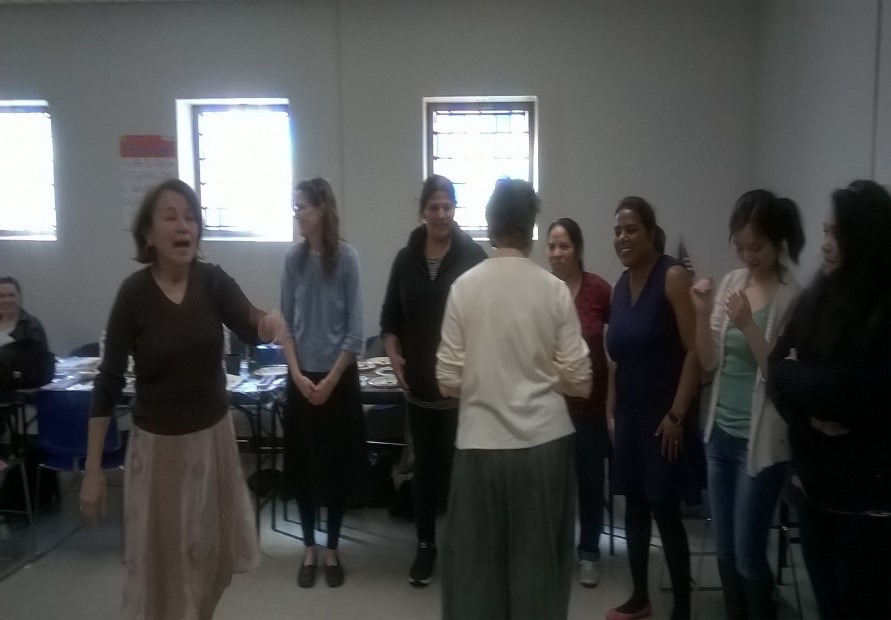Blog by Shilpa Darivemula
Resettlement and the challenges it poses are defined and documented health issues for refugee families, particularly for refugee women who may lack access to obstetric and gynecologic care. A refugee background has been associated with higher risks of preterm birth, infant mortality and morbidity, and postpartum depression due to limited access via limited health literacy and health system knowledge.
While American health care systems have developed innovative healthcare delivery models to serve the unique needs of each refugee community in terms of language, cultural sensitivity, and public health measures, major gaps in physician-patient communication still persist. A study on Congolese and Somali refugee women in Boston noted an incongruence between provider expectations of recommended gynecologic care and participant expectations defined by cultural norms; this gap formed a major barrier to accessing care.
One method to improve cultural communication is through connecting providers and refugee communities through traditional dance. For centuries, women around the world have used dance to heal themselves, their homes, and their lands. Dance contains intrinsic health-promoting components; and danced stories of culture, comfort, and home continue to be performed by resettled communities. Many health promotion programs have incorporated traditional dances to improve depression and trauma. However, these programs are often based on the interpretations of non-community members, preventing refugee voices from representing their own culture.
Traditional dance exchanges, in which refugee women share and teach their dances with providers, offer two main benefits for improving access to care. The first is reversing the physician-patient power differential by allowing both to interact in a refugee-empowered setting. Through sharing traditional dances outside of the medical establishment, the cultural compartmentalization that often occurs in clinical settings is removed. Refugee women are transformed into teachers, sharing their art, thus removing any hierarchy inherent in the clinical delineations symbolized by patient gowns versus white coats. Cultural values and histories are revealed, informing physicians of interventions that build communities and improve health while also celebrating cultural inheritance as valued education.
The second is removing the barriers of literacy and education in communication for refugee women. Albany Medical College students created a pilot three-way traditional dance exchange between refugee women at the Refugees and Immigrant Support Services of Emmaus (RISSE), DanceFlurry dancers, and medical students in 2016 (Figure 1). The DanceFlurry organization is a nonprofit organization that inspires people through traditional music and dance, funding RISSE for this pilot dance exchange. Through sharing their dance form with physicians-in-training and DanceFlurry Contra dancers, RISSE refugee women demonstrated their innate cultural knowledge and expertise, thus reinstating a vital sense of control and agency over themselves and their health. While the full health implications of this intervention are yet to be studied, initial conversations post-exchange demonstrated improvement in mood, community connection, and a sense of belonging for the participating women and medical students. Using traditional dance as a forum to communicate and empower refugee women is not only culturally sensitive but also taps into innate abilities of refugee women without the stress of learning a new skill—a stress that is pervasive in during resettlement and a major barrier to healthcare access.

Traditional dance exchanges provide a new route for cultural diplomacy and social cohesion in which refugee women collaborate with their physicians to share their danced cultural views and suggest women’s care interventions that best suit their realities and potentially improving access.
Shilpa Darivemula is a resident physician in Obstetrics and Gynecology and the Creative Director of the Aseemkala Initiative, an organization dedicated to transforming women’s healthcare, one performed story at a time. Instagram: the_Aseemkala_initiative